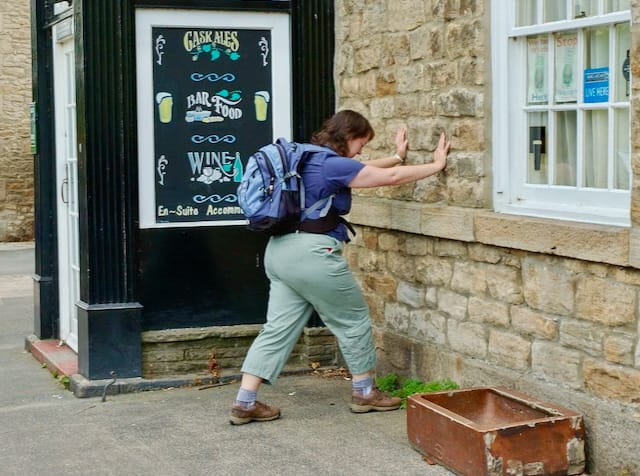Ask Questions to Protect Yourself in Hard Conversations

Today I’m going to talk about why it’s often a good idea to start a hard conversation with questions. And while there are a lot of good, values-based reasons to start with curiosity, today I’m going to explain the benefits in very pragmatic terms.
Let’s face it. You're right a lot of the time but sometimes you're not. A hard conversation that goes south can affect your career, relationships, and self-esteem. When you start a hard conversation with questions that help you understand the other person’s perspective you get benefits like these:
1. You have an escape path if it turns out your own point of view was based on bad or incomplete information.
2. Sometimes as you ask questions the other person comes to the same conclusion, or identifies the same problem or otherwise just gets on the same page without you having to work through an initial conflict. Magic!
3. You will improve the relationship by showing you are interested in the other person’s viewpoint. And, it’s probably an important relationship or you wouldn’t be having this conversation.
4. The other person is more likely to stay engaged in the conversation instead feeling attacked and moving into fight or flight mode.
To help with this, I used to rely on a handy phrase, “help me understand.” Sadly, in recent years, I think that’s been weaponized a bit and I’ve been on the receiving end of a few “help me understand” conversations that seemed like they included an unsaid “your completely idiotic position.” That doesn’t mean you can’t keep using it--just be sure you’re honestly asking, not setting up a rebuttal in advance.
However you do it, keep asking questions if only for these dreadfully practical reasons. It will save you grief time and time again. And the less pragmatic reasons, like humility, curiosity, and an altruistic desire to get to the right solution are pretty great too.
Next week I'll talk more about how to ask good questions, stay tuned!
Your Dot Release: Here’s a low stakes way to practice this, no hard conversation needed. The next conversation you need to have with someone important to you, start with a question. Not “how are you?” but some specific questions about their work, or a tough problem you’re facing, or a hot topic in your industry. Ask at least three follow up questions. This may be natural for you, in which case, great! If not, you know it’s something to keep practicing.
This article is part of a series about Hard Conversations.
One Last Thing: I'm very happy to share that the day before this issue was published we hit 100 subscribers. Thank you! And remember you can always hit reply to this email to drop me a note with questions, feedback, or pet pictures. And if you’re curious, the picture was taken when we did a week long walking tour of Hadrian’s Wall. Stretching every morning was a must!
Welcome to the Dot Release, my newsletter for focused and actionable career, leadership, and product advice. You don't need a full upgrade, just implement a dot release! If this has been helpful for you, please forward and share with a friend. All articles are available for free and you can subscribe on my website.